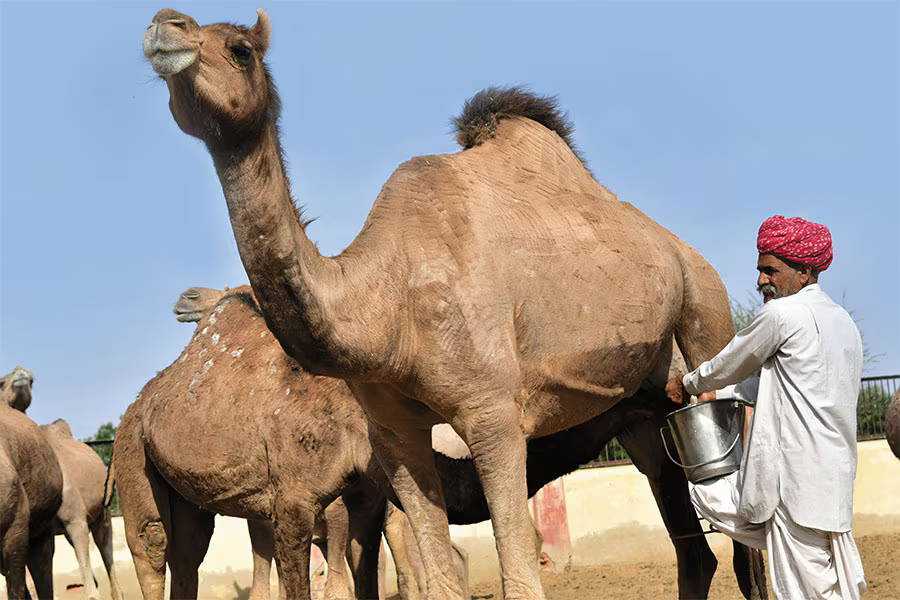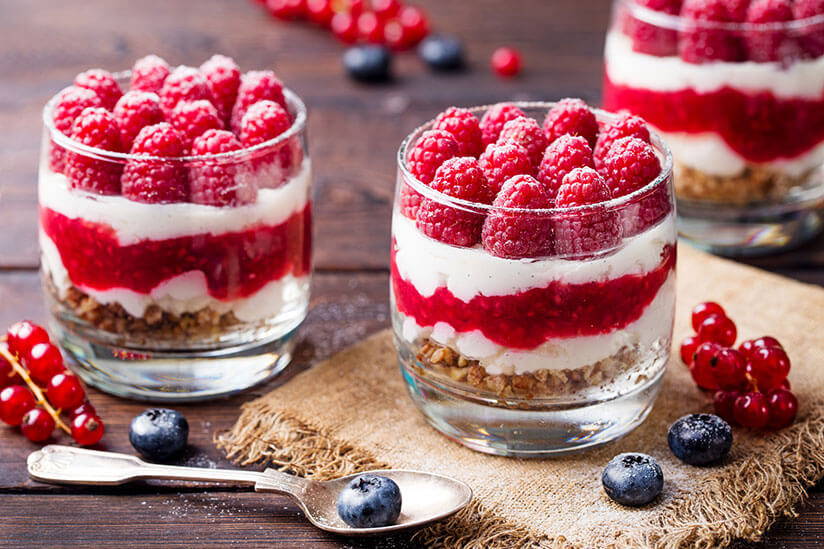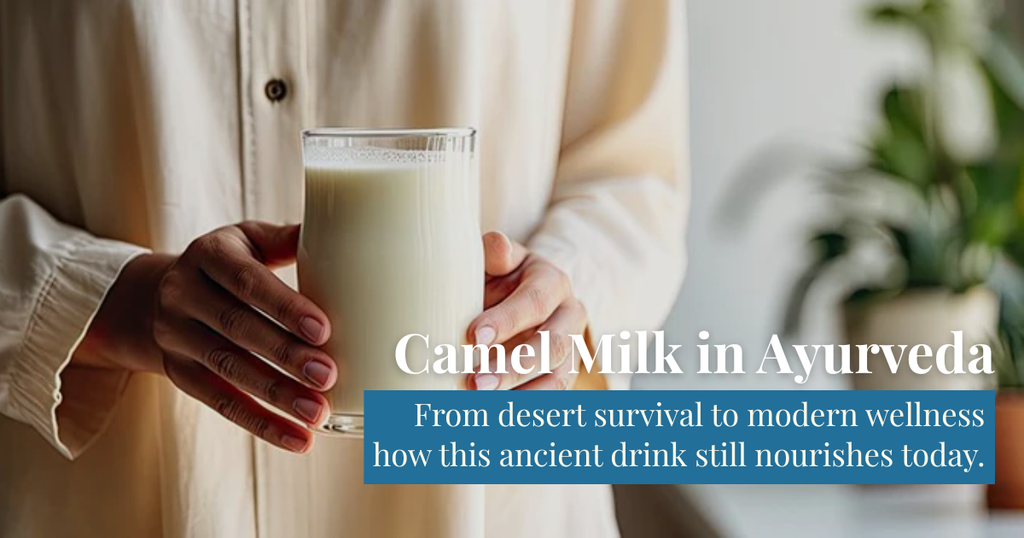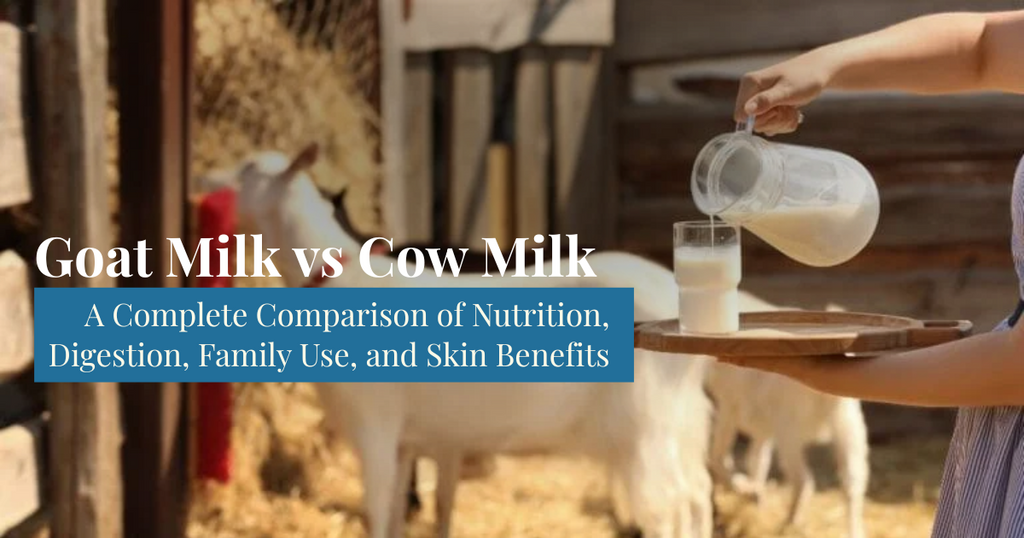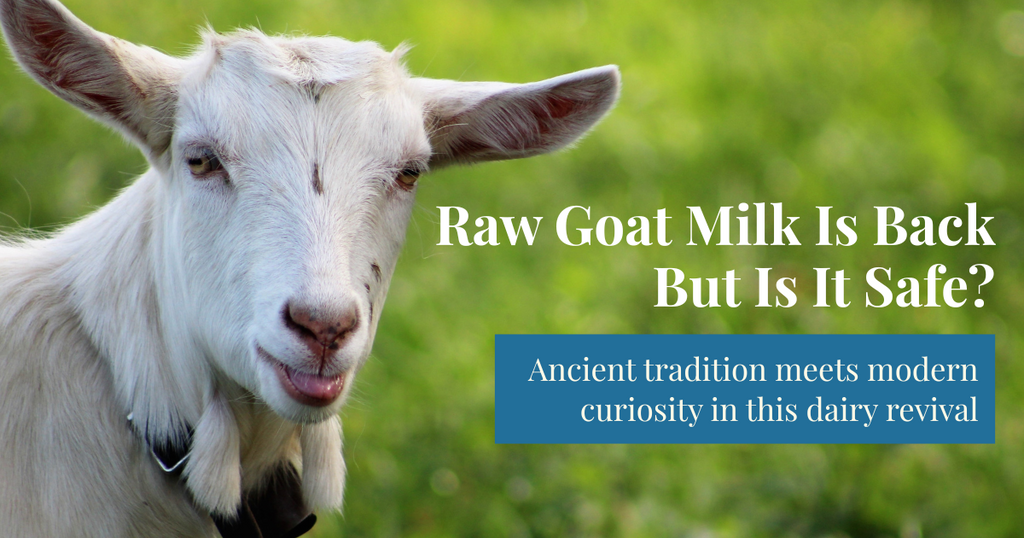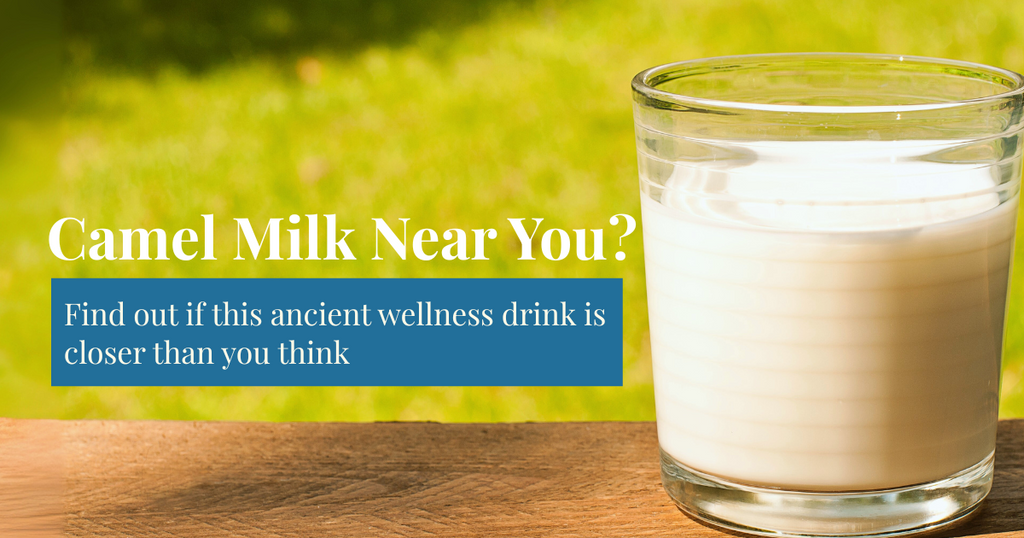Lactose Intolerance Doesn’t Mean Giving Up Milk - You’re Just Drinking the Wrong One
Does your coffee love you back? Or are you a chai-lover? But having the chai and paratha for breakfast doesn't look the same as before? It is not as satisfying as you hoped it to be.
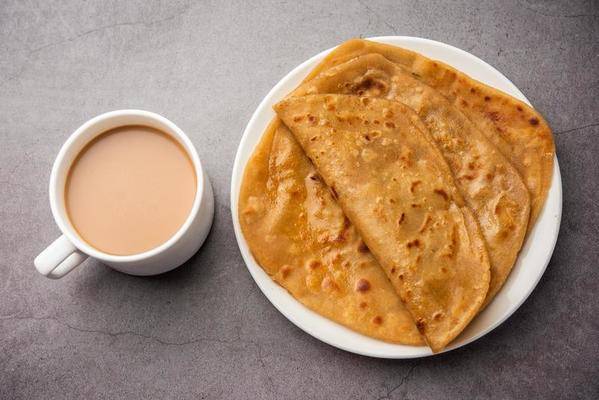
Bloating, discomfort, that gurgly and uneasy feeling that gives you caterpillar bites rather than butterflies in your stomach, turns your favourite meal into something stressful. Is it relatable?
Actually, many people are beginning to question the everyday food choices they grew up with, as those foods no longer resonate with them in the same way. This is prompting people to reason more with their bodies, and there is a growing realization that some of their everyday choices may no longer be working for them.
This is probably because milk is no longer vibing with you, and your gut may require something lighter, cleaner, and kinder. However, rethinking what to pour into the morning mug, except for coffee and tea, or what to blend into the smoothie, is a big source of confusion.
After all, food should feel good, not only when you eat it but afterwards as well.
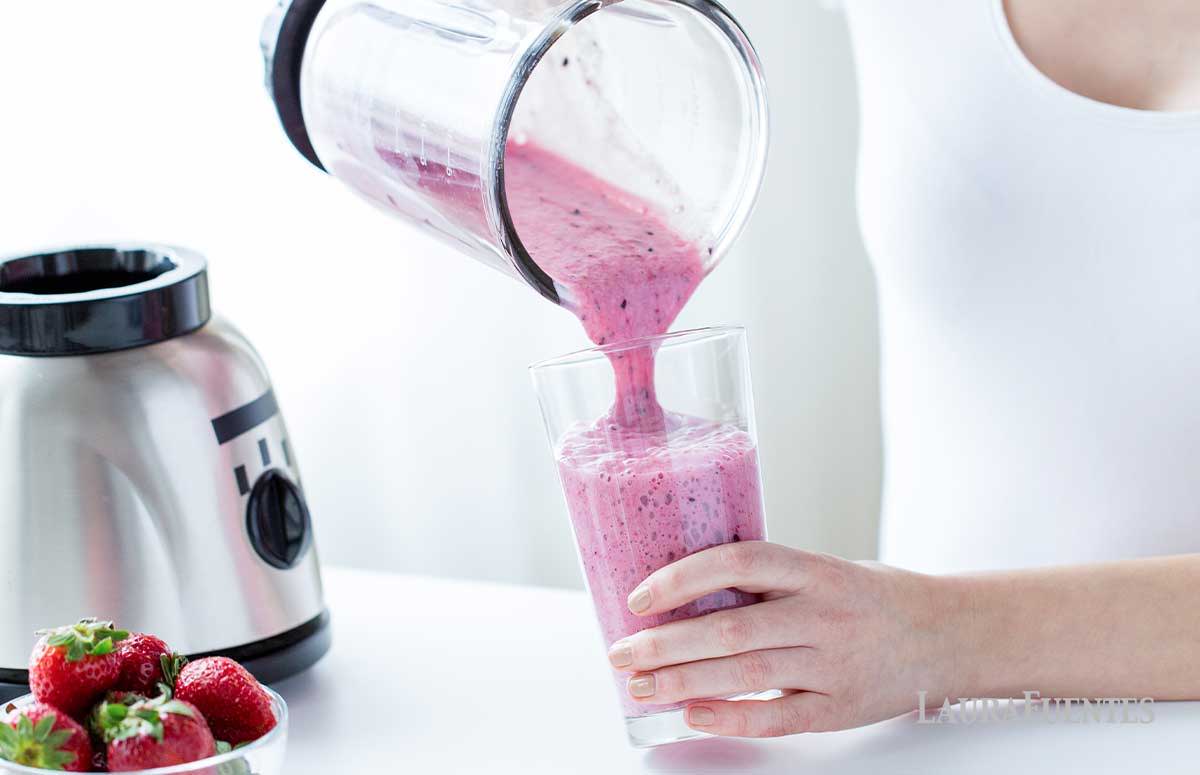
The shift towards gentler eating
With busy lifestyles, unpredictable gut health, and increasing awareness around food sensitivities, a shift has started happening in kitchens worldwide, be it personal or commercial. This has led to the exploration of lesser-known milk varieties, those that were traditionally used but were shadowed for a long time. However, with this food awakening among the masses, nutritional science has done its bit as well.

- Bloating
- Flatulence or gas
- Diarrhea
- Stomach cramps
- Nausea
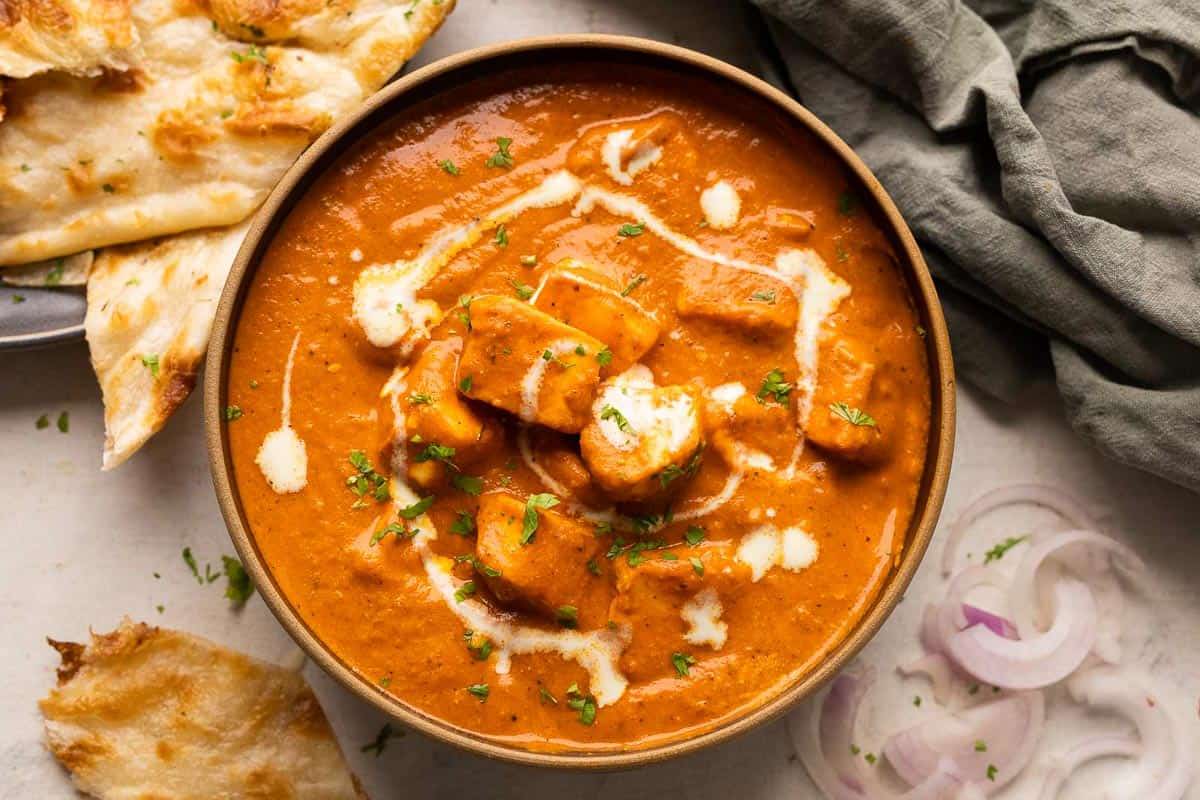
Why Camel Milk?

- Camel milk is not lactose-free it has a lower lactose content than regular dairy. This means individuals with mild sensitivity can have it without the digestive discomfort. The lower lactose content is connected to reducing the chance of bloating or cramping in those who are sensitive. So, always remember it is not lactose-free, and medical advice is always helpful before introducing something new into the diet.
- Also, camel milk lacks A1 beta casein. It is known to cause digestive discomfort due to the release of a peptide BCM 7. Therefore, the absence of this A1 protein further makes camel milk easier to digest by those with gut sensitivities.
- Camel milk contains A2 beta casein, which is also a beta casein, but it does not release BCM 7, which causes gut sensitivities.
What is more inside – Beyond the ‘not present’
| Nutrition | Camel Milk (per 100 g) |
| Fats (g) | 2.3 |
| Proteins (g) | 3.2 |
| Carbohydrates (g) | 4.3 |
| Vitamin C (mg) | 2.1 |
| Zinc (mg) | 0.22 |
| Iron (mcg) | 39 |
| Calcium (mg) | 115 |
| Energy (kcal) | 51 |
Is Camel milk right for me?
- For people with sensitivity to lactose, this milk may be beneficial. However, medical advice is always important before any addition to the diet, specifically in the case of those who have allergies.
- People who are seeking natural, whole food alternatives can try them because of minimal processing and being free from added sugars.
Ways to Enjoy Camel Milk
- A part of the morning drink, like coffee, tea, or smoothies
- Porridge or cereals
- In baking
- In desserts
Final Thoughts on a Smart Dietary Switch
Frequently Asked Questions
Is camel milk better for lactose intolerance?
Is camel milk completely lactose-free?
Camel milk contains lactose, but in lower amounts than regular dairy, so lactose-intolerant individuals may find it easier to digest this milk. However, for those with severe intolerance, it may not be suitable, and it is always helpful to seek medical advice before adding something new into the diet, specifically when they are suffering from allergies or sensitivities.
How does camel milk taste?
Camel milk is slightly salty, mild, and smooth in taste.
Which type of milk is good for lactose intolerance?
- Processed, lactose-free milk that is enzymatically treated for lactose removal
- Plant-based milks like almond milk, soy milk, and oat milk
- Milk that has been reported to have lower lactose content, like camel milk and goat milk.
Who can not drink camel milk?
- Individuals with severe milk allergies
- Infants below 1 year of age, unless suggested by the doctor

